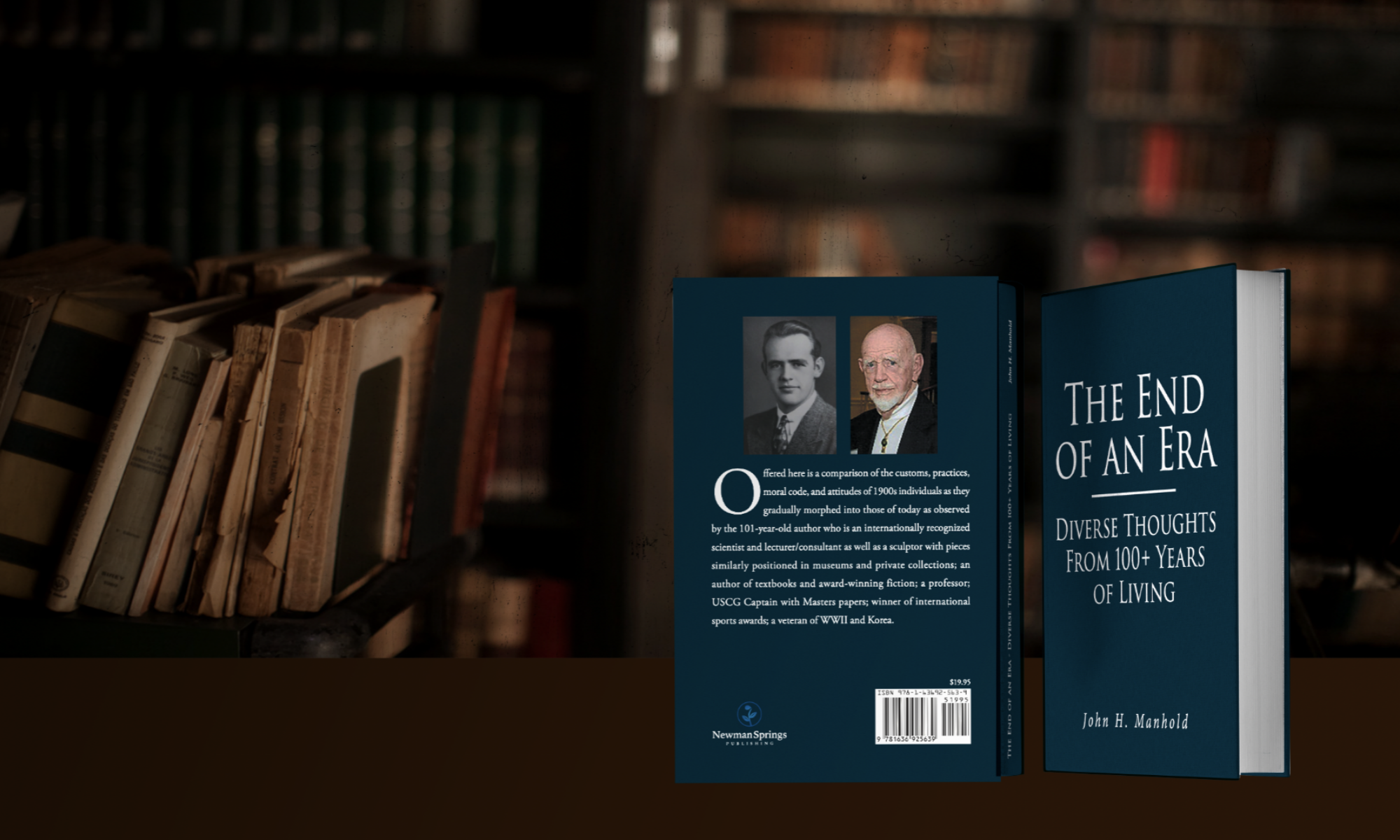ARTWORDS ISBN: 9781643145198 AuthorsPress, copyright and written by Beatriz M. Robles.
The author’s opening words of dedication well-describe the intent of her book “As my father, Rene Robles, has always said when describing the meaning of his art Assertionism, “Art that has power—asserts, transforms, and transcends,” Under his influence in art, and my mother, Emilia Robles’ poetic influence in writing, we have Artwords, “Writing that asserts, transforms, and transcends to become art.””
Discussion/conclusion: I was impressed by the reviews of other of this author’s books and was looking forward to reading it. To be totally frank, I spent a considerable amount of time attempting to figure out what I was reading. And yes, it is that different. Once you begin to understand, it is possible to attain some feeling for the reviews others have written for her other books from the structure of the material she has supplied and her photographs, and certainly she, as well as both her mother and father, are held in high regard by a seemingly large number of inhabitants of the Philippines from reviews offered by the media there. Additionally, the author is well-know and highly respected, especially in Asia and Europe as a classical musician, as well as recognized artist with a number of exhibitions as well as an author of a number of well-received books. So to return to Artwords, from the material offered and total contents, it is possible for a reader to ‘feel’ or ‘sense’ what the author is attempting to provide – a use of words that provide an image and is a most interesting concept. Granted, a complete evaluation regrettably and apologetically could not be provided by this viewer, because some of the material provided a dark shading of sections, notations, and the letters themselves were unable to be raised to a size font sufficient to be completely comprehended. However, a ‘sense’ of her intent easily was discernable. So, to conclude: the author successfully has accomplished her purpose. But again apologetically for a caveat – although a fascinating, well-formulated and presented concept, this book is not particularly one for the more pragmatically inclined reader.
3* 5* concept; – 2*(?) readers’ choice – see discussion/conclusion.
